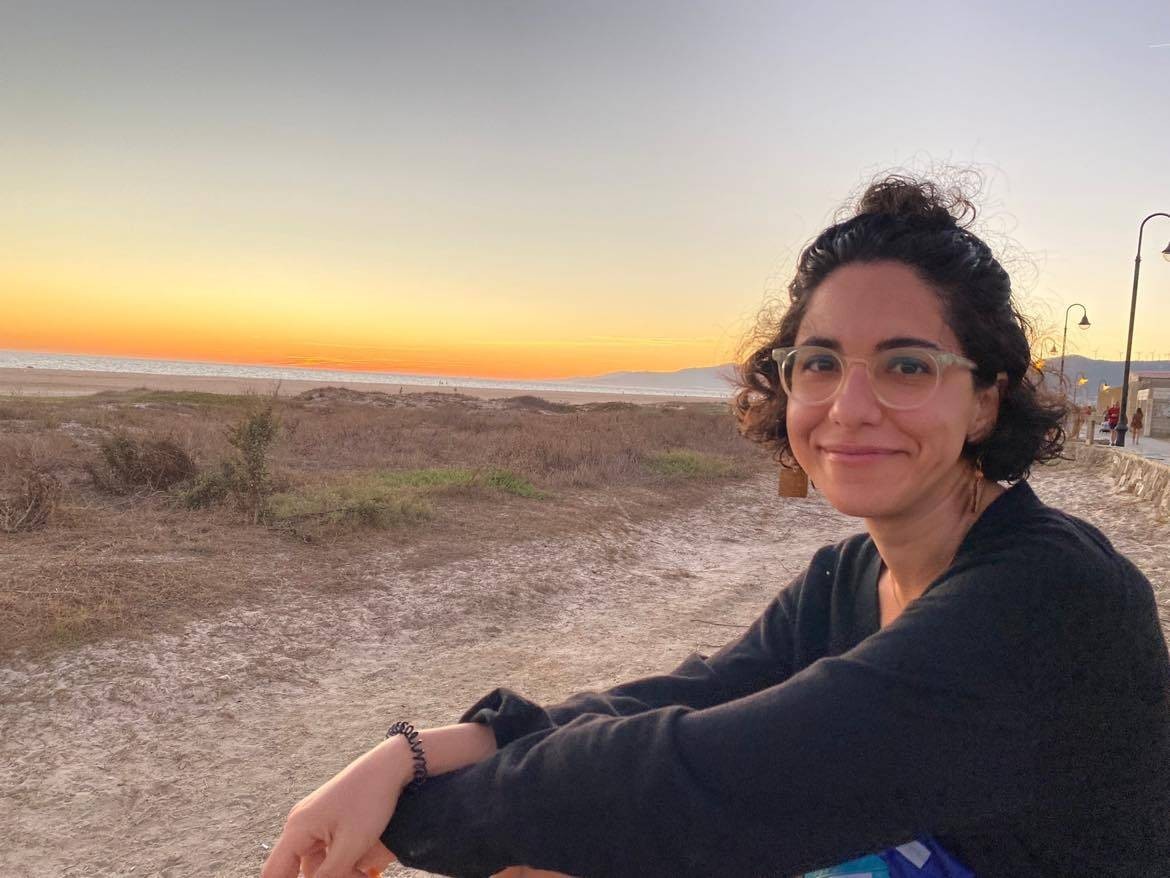საერთო ცხელი ხაზი +995 577 07 05 63


The Social Justice Center is representing Aida Balafkan's legal rights. Aida Balafkan, a British citizen on an academic visit to Georgia on April 26, 2022, was arbitrarily denied entry into the country by the Georgian Ministry of Internal Affairs. This Ministry decision is another example of allegedly discriminatory and arbitrary border crossing regulations. The decision, among other things, impedes academic interaction and worldwide cooperation in this regard.
Aida Balafkan and her spouse, a fellow British national and anthropologist, arrived in Georgia for research purposes on April 26, 2022. With the assistance of Ilia State University, the female scientist intended to commence a study on traditional Georgian carpets and materials. Border Patrol Police Department of the Ministry of Internal Affairs granted Aida's husband entry to the country without any hindrance, while MIA personnel stopped Aida at the border and questioned her for hours. The patrolling officers forbade her from being with her husband and contacting her respective embassy.
Aida Balafkan was born in Tehran, Iran, although she and her family have lived in the United Kingdom for many years. She and her parents hold British citizenship. Since 2016, Aida Balafkan, who has a PhD in Anthropology from the University of London, has come to Georgia for academic and touristic purposes. She never had any difficulty crossing the border.
On May 6 2022, with the assistance of the Social Justice Center, Aida Balafkan appealed the April 26 ruling to a higher administrative bodies.
In light of the aforesaid ruling, the University of London decided that Georgia was not a safe environment for Aida, and so the agency's action impeded her research endeavours. Notable is the fact that academics of the Doctoral Program in Social and Cultural Anthropology at Ilia State University and the larger international scientific community have made collective pleas in favour of Aida Balafkan.
The official decision of the Ministry of Internal Affairs about the denial of Aida Balafkan's case cites Article 11 1 1 (i) of the Georgian Law on the Legal Status of Aliens and Stateless Persons, which provides that an alien may be refused entrance on the basis of "other instances" provided by Law.
Article 11 (1) (i) of the Law of Georgia on the Legal Status of Aliens and Stateless Persons is routinely used as an independent basis by the Georgian Ministry of Internal Affairs, as it does not refer to any other legislative act and permits for a completely arbitrary interpretation of the norm under consideration. In a number of pending cases before the Social Justice Center, such as the case of Maidan TV journalist Jemal Ali (2017), repatriated Meskhetian activist Khalil Sarvarov (2018), Radio Freedom North Caucasus Bureau journalist Aslanbek Dadaev (2019) and on the case of TV host Dozhd TV presenter Mikhail Fishman (2022), these arbitrary decisions have become the basis for problematic verdicts.
According to the explanation offered by the Ministry of Internal Affairs in the aforementioned court cases, upon entering Georgia, foreigners are screened against lists produced by law enforcement authorities, which are often based upon classified information. In the context of a court proceeding, the victim of a right violation and their lawyers do not have access to the pertinent classified information, and the examination of the legality and justification of the decision made by the Ministry of Internal Affairs depends solely on the judge's good faith and inspection.
This approach, together with the ambiguous and unpredictable restriction of freedom of movement and other essential rights, serves as the foundation for arbitrary state interference and provides the MIA and other law enforcement organisations unchecked authority. There is a fair suspicion that this arbitrary practice is used for discriminatory purposes in some instances. It is reasonably assumed that Aida Balafkan was denied entry because she had an Iranian name and her study topic was also related to an ethnic minority culture.
In light of the above, the Social Justice Center calls upon the Ministry of Internal Affairs to
Given the arbitrary grounds of the judgement in the matter of Aida Balafkan and the high level of public and academic interest, the April 26, 2022 decision should be overturned, and the female researcher permitted to enter Georgia.
Stop the unlawful application of Article 11 (1) (i) of the Georgian Law on the Legal Status of Aliens and Stateless Persons, as well as the arbitrary practice of violation the rights derived from it.
The website accessibility instruction